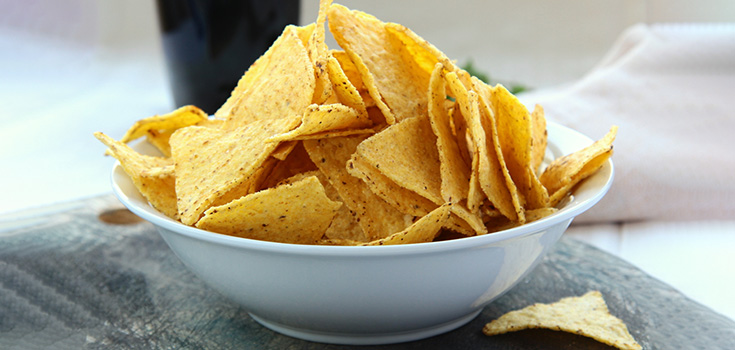Study: How ‘Diet’ Products & Fake Fats Can Make You Fat

In the quest for wellness and weight management, the allure of “diet” products, boasting synthetic fats and sugars, promises a guilt-free indulgence.
These artificial ingredients are crafted to mimic the rich flavors of their natural counterparts, yet without the associated calories, seemingly offering a straightforward path to weight loss.
However, a revealing study by Purdue University researchers challenges this notion. In their experiment, rats were divided into groups and fed diets varying in fat content, with some receiving regular high-fat snacks and others, snacks made with olestra, a calorie-free fat substitute.
The findings were unexpected: rats consuming olestra-enhanced snacks not only ate more but also experienced significant weight and body fat gains, even after these snacks were no longer part of their diet.
“These substitutes are meant to mimic the taste of fat in foods that are normally high in fat while providing a lower number of calories, but they may end up confusing the body,” said Susan E. Swithers, professor of psychological sciences.
This phenomenon raises questions about the body’s response to artificial fats. The brain, anticipating a calorie influx upon detecting fat, prepares by triggering various physiological responses. When these expected calories are absent, as is the case with synthetic fats, the brain may signal the body to store more fat, potentially leading to weight gain.
“Substituting a part of the diet with a similar tasting item that has fewer or zero calories sounds like a common-sense approach to lose weight, but there are other physiological functions at work. Tastes normally alert the body to expect calories, and when those calories aren’t present we believe the systems become ineffective and one of the body’s mechanisms to control food intake can become ineffective.”
This insight extends to artificial sweeteners as well, where the sweet taste without the caloric content can similarly mislead the brain, accelerating fat storage. This suggests that the body’s natural mechanisms can be confused by artificial substitutes, leading to unintended consequences for weight management.
“What’s interesting here is that weight gain occurred regardless of when the rats consumed the low-calorie, fat-substituted chips,” Swithers said. “The rationale behind providing both high-fat and olestra chips was to ensure that the animals received similar cues related to the sensory properties of fat, but with different consequences. Without this kind of control, we would not know how they were interpreting the chips as high fat or not.”
The takeaway from this research is clear: embracing naturally low-fat, unprocessed foods like whole grains, lean meats, fruits, and vegetables may be a more effective and harmonious approach to maintaining health and a balanced weight.
This holistic perspective aligns with the understanding that nourishment in its most natural form is not only about the absence of disease but about fostering overall well-being, respecting the body’s intricate responses to food, and honoring its need for genuine, unaltered nutrients.
